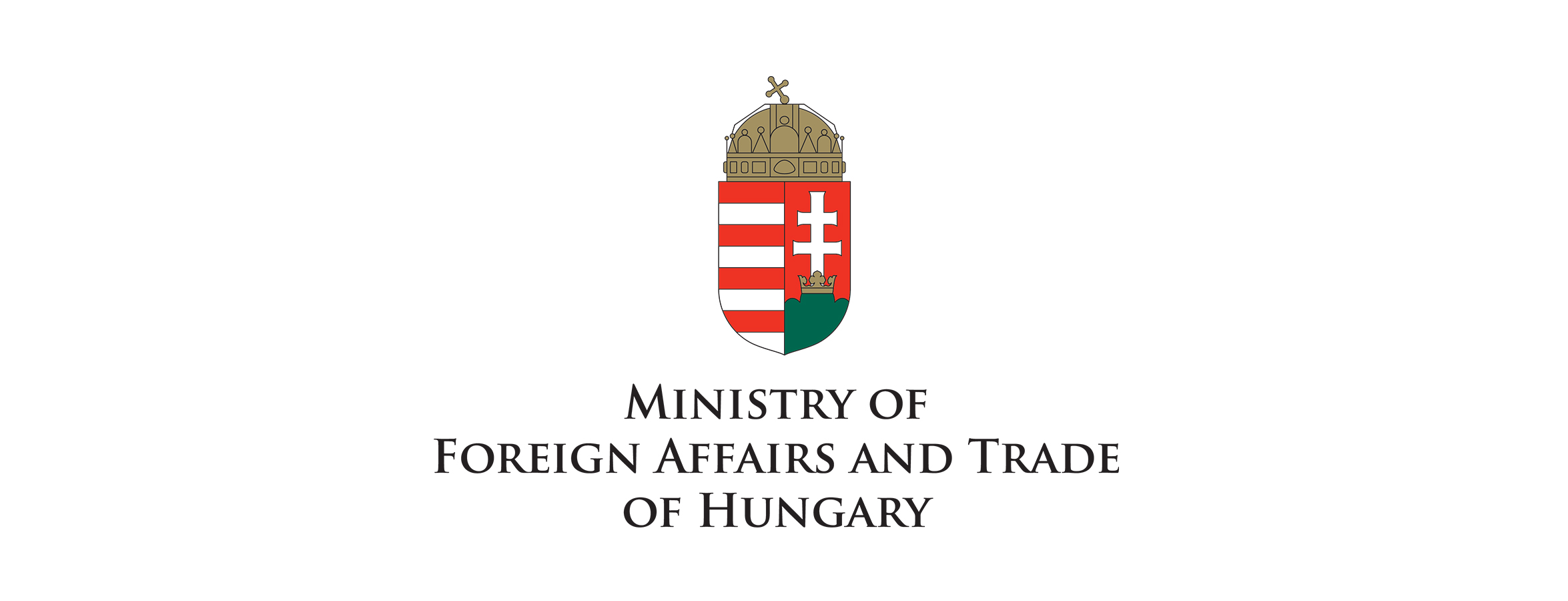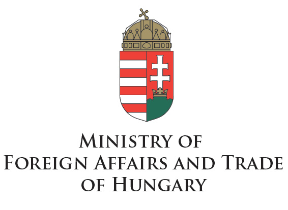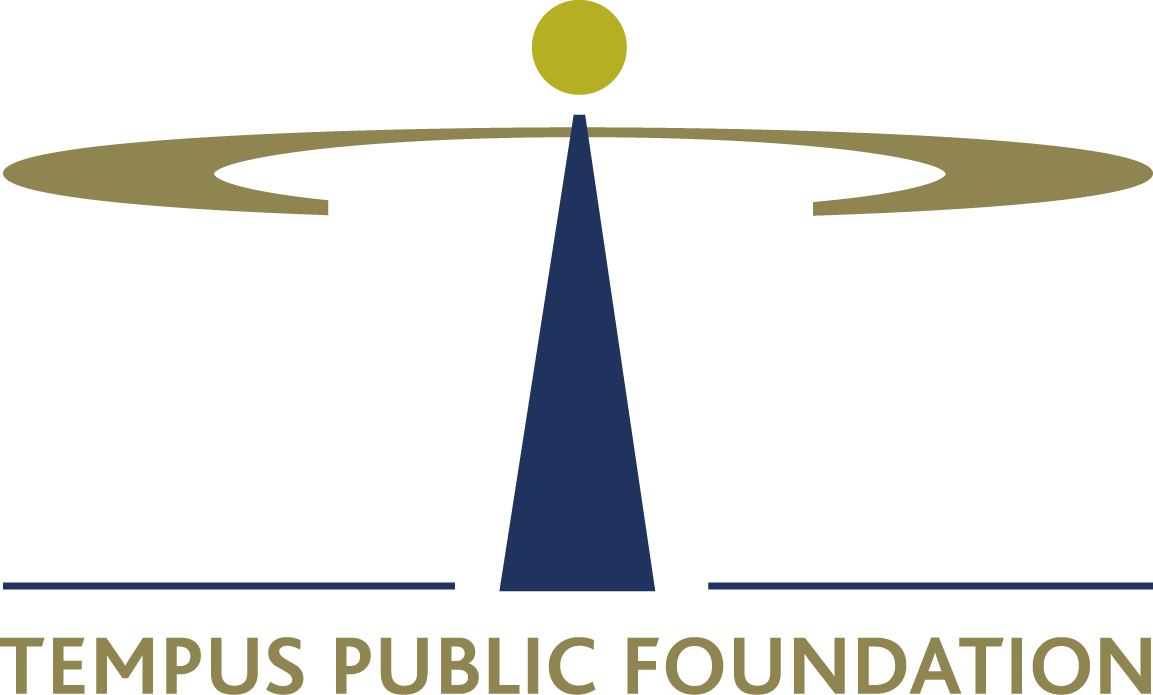Hungary declared a state of emergency with the following key measures:
Entry is denied to travelers arriving from the following countries: Italy, China, South-Korea and Iran.
- Denial of entry is in effect for those arriving from the aforementioned states. The exception is for Hungarian citizens arriving from these countries, who will be subjected to quarantine for 14 days. These quarantine orders will be ordered and enforced by the authorities.
- Border control is reestablished on the Slovenian and the Austrian borders. Air, bus and train traffic is effectively suspended in regards of the aforementioned countries. Crossing is available only for Hungarian citizens intending to return to Hungary.
- Refusing to comply with the quarantine order, or making false declaration on one’s travel route, will be subject to sanctions.
University lectures are effectively suspended from March 12. Starting from March 16, university lectures can only be held in distance education form.
- There is a European consensus that children are the least vulnerable population. The government is continuously assessing the situation. Should safety of life and health demand it, then immediate measures will be taken.
Indoor events for more than 100 people and outdoor events for more than 500 people are effectively forbidden.
- These measures do not apply to factories, companies and offices. However, they do apply to entertainment and event venues for more than 100 people in indoor locations and 500 people in outdoor locations. Compliance with this measure is the responsibility of the owners of the venues and the organizers of the event.
- Primary care physicians should be notified by telephone if symptoms are identified (fever, sore throat, cough, fatigue), or infected regions were visited. Primary care physicians will conduct an interview using a questionnaire. Should the suspicion of nCOVID-19 infection arise, an ambulance will take the patient to the regionally designated hospital.
- Screening of incoming passengers at airports and other border crossings points is in effect and continuous.
- Regarding patients infected with nCOVID-19, the necessary contact investigation is undertaken as per epidemiologic procedure. These measures are taken to limit the spread of the disease.
- No vaccine currently exists that could halt the spread of the disease.
- Confirmed cases in Hungary are identified as unique cases.
- nCOVID-19 is present in all of our neighboring countries.
- Frequent and thorough handwashing is the best way to prevent infection.
- The two Hungarian transit zones are closed due to the risk of epidemic from immigration.
- Infection by nCOVID-19 virus is the least severe in children and the young; however, it is a significant threat to the elderly.
- Those individuals who refuse to comply with the epidemic regulations commit an offence or a felony. If a person with suspected infection refuses to be hospitalized in the designated health institute, or to remain at home for the term of monitoring AND thus causes the infection of another person, is accountable for grievous bodily injury. Should the result of the infection be death of the other party, this will be considered violence causing death.
- Medical testing (nCOVID-19) of symptom-free citizens simply for the purpose of reassurance is not permitted.
- Flights between Italy and Hungary have been suspended until the situation regarding nCOVID-19 shows improvement.
- Flights from the restricted countries (Italy, Iran, China, South-Korea) may arrive empty, without passengers in order to provide airlift to their respective citizens who wish to return to their home countries.
- Hungary has suspended the issuance of visas to Iranian citizens.
- Iranian citizens who are in possession of unused visas will be denied entry; these visas will be withdrawn by the Ministry of Foreign Affairs and Trade.
- Iranian citizens who encounter this decision only at the entry point will be denied entry.
- Iranian citizens located within Hungary with valid visas may not suffer any repercussion if they comply with the epidemic procedures.
- Any foreign nationals who refuse to comply with the epidemic procedures may be subjected to alien policing procedures; once their quarantine expires, they may be deported.
- Following the declaration of the state of emergency, anyone arriving from Italy, China, South-Korea and Iran are denied from entering Hungary, except Hungarian citizens.
- The regulation is specifically targeting individuals arriving from the aforementioned countries, and not citizens of certain states. Thus, this is a measure by region and not by nationality.
- Individuals arriving from one of the epicenters of nCOVID-19 (besides the 4 mentioned countries above) are urged to place themselves under home quarantine for two weeks.
- EEA citizens registered in Hungary are to receive the same evaluation that Hungarian citizens would.
- For mixed marriages, family union may be provide grounds to gain entry if proven with the necessary documents. However, the 14 days long quarantine rule still applies for everyone entering Hungary.
- Every confirmed contact case discovered in Hungary will be examined. Following the first lab test, an additional test will be performed. Out of twelve patients, only the second test provided conclusive results in four cases.
- ‘Borderless’ project (programme for schools) is effectively suspended. Foreign class trips and language programs are suspended.
- Members of the opposition parties are informed that these measures have been taken in the interest of the safety of the Hungarian people. Everyone who participates in politics today should keep the safety and the security of the Hungarian people as the first priority. In order to achieve this, cooperation is of paramount importance.
- In order to ease official procedures, expiring Hungarian documents are not subject to renewal for the duration of the state of emergency. This measure does not apply to alien documents. Visas issued for foreign nationals still require renewal.




